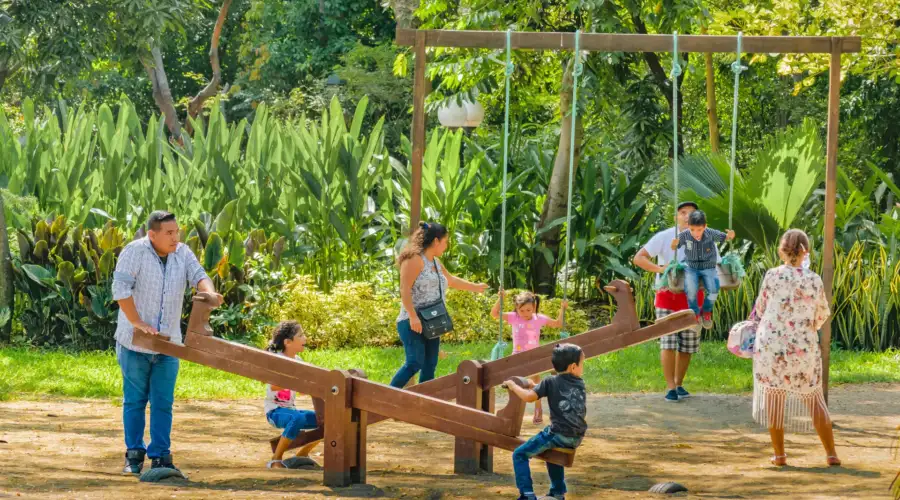Finding Extracurricular Activities for Your Kids in Your New Country
Activities not only help them develop new skills and interests but also provide opportunities to make friends and feel more connected to their new home. Here are some tips for finding and selecting extracurricular activities in your new country.
1. Find the Local Options
Explore what the new location has to offer. Check community centers, schools, and local clubs to learn about extracurricular programs. Most countries have rich networks for organizing activities for the youth through sports leagues, cultural groups, and so on. Additionally, several online communities like social media groups and expat forums can help you learn more about these opportunities.
2. Keep Your Child’s Interests in Mind
Consider the hobby or passion of your child before signing them up. Is he or she interested in any sport, arts, music, or technology? If he or she already indulges in a hobby, find avenues where he or she can pursue it in the new country. However, also encourage him/her to try something new to expand the horizon and embrace the local culture.
3. Seek Outdoor Activities That Encourage Cultural Assimilation
Extracurricular activities could serve as a rich learning ground for children in the local culture. Encourage participation in activities that are unique to the new country, such as typical dance classes, language courses, or workshops. All of these experiences will help your child in becoming increasingly aware and appreciative of their new home.
4. Tour Schools and Community Centers
A very good number of schools and community centers have after-school programs designed for kids in different age brackets. Ask your child’s school what after-school clubs, sports teams, or arts programs they have. Many local community centers will also have inexpensive or even free offerings for families.
5. Leverage Expat Networks
Expat communities are indeed most helpful when finding activities for your kids. Befriend other parents in expat groups and ask for recommendations. They can point you to programs that can cater to international families or details on how to navigate local systems.
6. Explore Sports Opportunities
Sports are something that unites all cultures and brings in budgeability-required teamwork skills. They check with local sports leagues or clubs for any possible joining opportunities to your child. There is always a soul-stirring option like soccer, swimming, or martial arts that keeps the kids fit and connected with peers.
7. Encouraging Creative Pursuits
For artsy kids, try looking into art classes, music lessons, and drama workshops. There are many countries with vibrant arts communities where children can hone their creative side. Museums, art schools, and private tutors can be great starting points.
8. Prioritize Language Learning
If your child is learning a new language, consider enrolling him or her in extracurricular activities to strengthen proficiency in that language. A bilingual club or a language-specific club helps them become more confident interfacing with others. Immerse them in language activities such as theatre, movie nights, storytelling, or book clubs.
9. Go with the Local Event and Festival
One way of entering the community in which they live is by partaking in events and festivals. These kinds of activities usually offer something which can pique the interest of a child; be it from a performance, workshop, or maybe demonstration. Most importantly, it carries the idea of the connection with the local families and organizations.
10. Flexibility Combined with Patience
Your child may just need some time for this specific activity to work, and only then would you see that it is an interest. Be patient while they try out various things or challenge their new surroundings. Encourage them to hang in there with an activity for a reasonable amount of time before deciding if it fits. Be flexible as your child is now grow-changing; his interest and comfort levels will change.
Finding how to take your kids to an extracurricular activity in a new land can be a bonding experience for the entire family. They benefit from these activities, giving meaning to their lives and making it easier for them to connect with others and find home. They will be happy with just a bit of research, encouragement, and an open mind. Thus, opportunities are going to be there to support the kids’ growth and happiness in this new environment.



